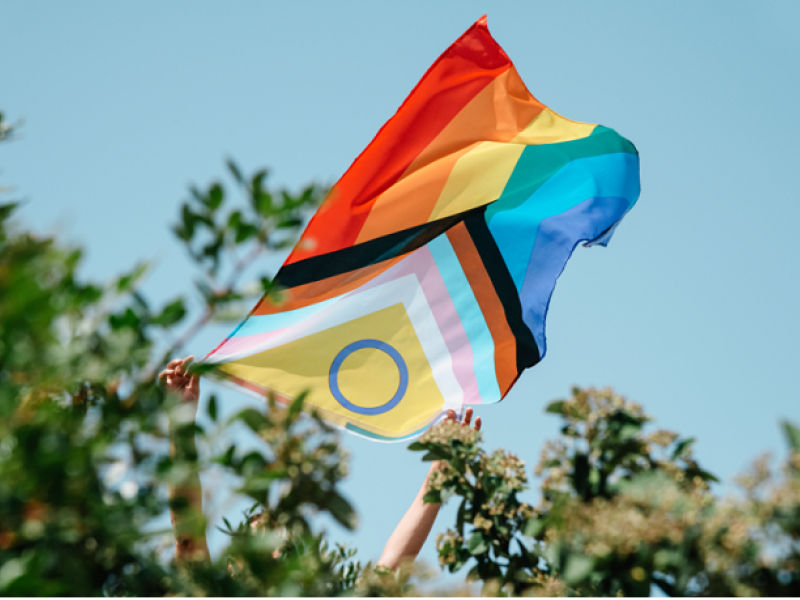Rainbow flags are great but positive word of mouth and flexible service delivery are the keys to building a truly trans inclusive mental health service, says Nic Robinson-Griffith, Therapeutic Service Director at Thorne Harbour Health.
Nic was a guest speaker at a recent Mind research mini conference designed to achieve more equitable outcomes for all cohorts using Mind services.
Research data presented at the conference showed young people, trans and gender diverse and female residents experienced significantly higher levels of psychological distress at entry and exit in sub-acute settings than other groups.
“While all groups made the same magnitude of improvement over their stay, some groups still had high rates of distress when they exited the service,” Dr Laura Hayes, Research Manager at Mind said.
Outcomes data for its sub-acute residential services shows that gender diverse residents had the highest rates of psychological distress (23.7) at service entry of any demographic.
“For example, gender diverse residents’ distress at exit (20.4) is higher than men’s at entry (19.4),” Dr Hayes said.
Having identified these inequities in outcomes, the conference provided insights from experts in mental health support for each of the cohorts, as an opportunity for Mind and its clinical partners to find ways to address the gap.
Mx Robinson Griffith said trans and gender diverse people are likely to experience discrimination just by stepping out in public or catching a train to reach a service. That means services need to consider how to reduce barriers to accessing mental health support for trans and gender diverse people.
“Service providers have to be proactive about what we’re communicating to trans and gender diverse communities around acceptance and inclusion,” Nic said.
“It’s not good enough to just put a rainbow sticker on the door because we know there are many people in the queer community who are not trans inclusive.”
Mx Robinson Griffith said services can demonstrate inclusion through:
- Symbols and signals (lanyards, badges, stickers and signage that welcomes trans and gender diverse people – not just a rainbow flag)
- Signposting (have a stall at community events and recognise social awareness initiatives on social media)
- Community voices (the trans and gender diverse community is tightknit. Positive experiences shared through word of mouth can help increase engagement with a service)
- Flexibility (understand that different cohorts have different support needs and flexible service delivery can help ensure truly connected support).
Dr Hayes said that while the data showed PARC and SUSD (Prevention and Recovery Care and Step Up Step Down) service users as a whole were achieving significant decreases in psychological distress and other positive outcomes, it was important to identify and address cohorts that needed extra support.
In light of this research, Mind sub-acute staff discussed solutions to help improve outcomes for gender diverse residents at PARCs and SUSDs. This included the development of specialised training for staff to support gender diverse service users, as well as their families, carers and supporters.
The online mini-conference, including Nic Robinson-Griffith’s presentation, can be viewed here.
For more information about Mind support services near you, visit the Mind service finder or phone 1300 286 463.
